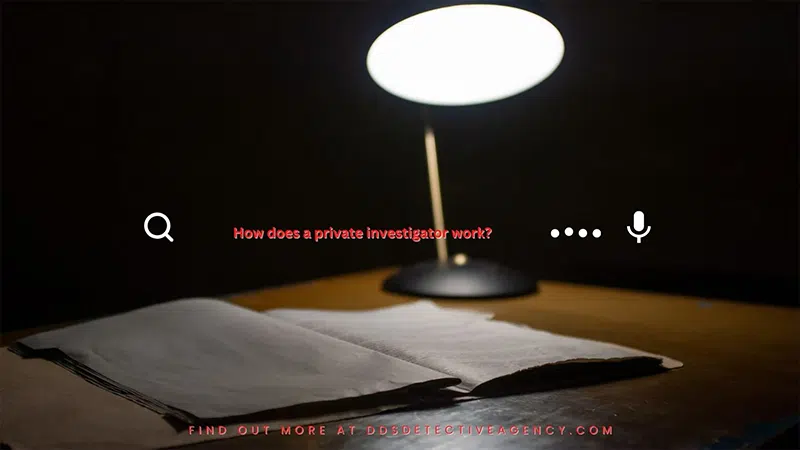
- Posted by: Sanjeev
- 10 Jul, 2023
How does a private investigator work?
A private investigator is a person who conducts investigations, compiles information, and analyses legal, business, and private matters. They offer a range of services, including background checks, missing person searches, cybercrime detection, and working for well-known individuals.
Private investigators are used by private clients, attorneys, and companies. Some people hire their own private detectives. Depending on the needs of their clients, private investigators offer a range of services. They might review a candidate's background before hiring them, look into claims of corporate theft, or establish or disprove adultery in a divorce case.
The following duties are typically performed by private investigators:
Conduct interviews with people to get information.
Use both computerised and non-computerized data to do various searches.
Without the subject's awareness, surveillance is carried out when someone is observing, pursuing, or looking after them.
A mass proof that can be utilised in court.
Verify a person's employment, earnings, and criminal history.
Look into crimes involving computers, such as identity theft and unlawful downloading
We can assist with cases involving criminal and civil liability, missing persons, insurance claims, and fraud.
For their investigations, detectives use the most recent equipment.
Detective agencies in India use a variety of tools when examining the evidence in an investigation. They work mostly on computers, which gives them quick access to data including emails, phone numbers, and information from social networking sites as well as records of previous arrests. They make phone calls to confirm details such as an individual's place of employment and income. They frequently interview people when doing a thorough background check. For the purpose of remaining unnoticed, gathering information, or keeping an eye on a suspect, detectives may go undercover by pretending to be someone else.
Investigators that are looking into a matter may also deploy surveillance. They might utilise a car or a hidden location to watch a place, such someone's home or workplace. Using photo and video cameras, binoculars, GPS, and other tools, investigators gather data about potential witnesses (GPS).
Acknowledging the laws
Detectives and investigators must be well-versed in the law as well as state and federal legislation, including privacy laws, when conducting an investigation. However, because some methods are questionably lawful, investigators or detectives must use their best judgement when deciding how to handle a case. In order for the evidence to be used in court, it must be gathered legally.
The way a private investigator operates
Depending on the situation they are looking into, private investigators operate in various environments. Some individuals spend more time online and on the phone while they are at their offices. Others decide to stay longer on the ground, conducting interviews or keeping a close eye on things. It can take a while to conduct surveillance.
Investigators often work alone, but they could work together when they are spying on someone or pursuing them. Because part of the work entails confrontation, the job can be difficult and perilous. For example, some bodyguard assignments for corporate or celebrity clients demand that the investigator be armed. However, since private investigators' main objective is to obtain information, a handgun is rarely necessary.
Note
For owners of investigation agencies, dealing with anxious and occasionally irate clients adds added stress. Private investigators occasionally put in weird hours since they need to contact people and spy on people after regular business hours. There are options for early mornings, late afternoons, weekends, and holidays. They can also be asked to work inclement weather outside or from a vehicle.









